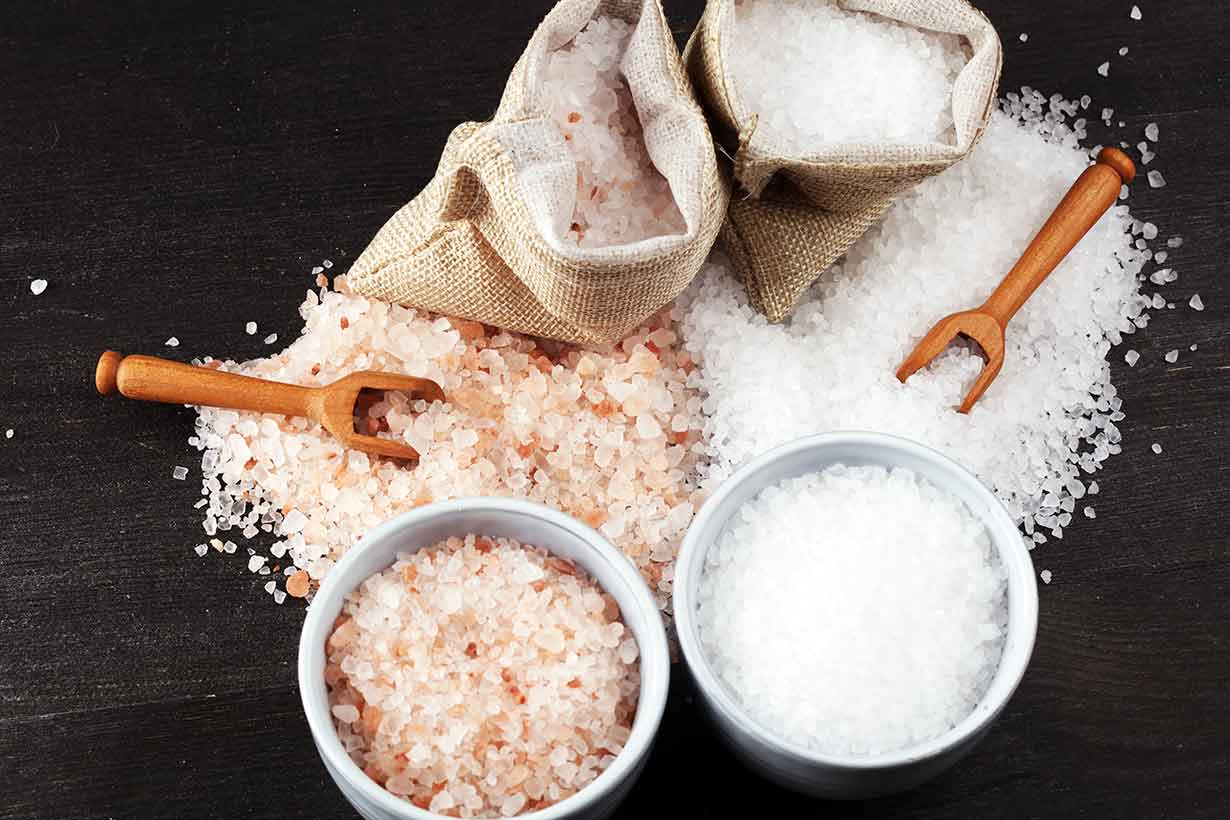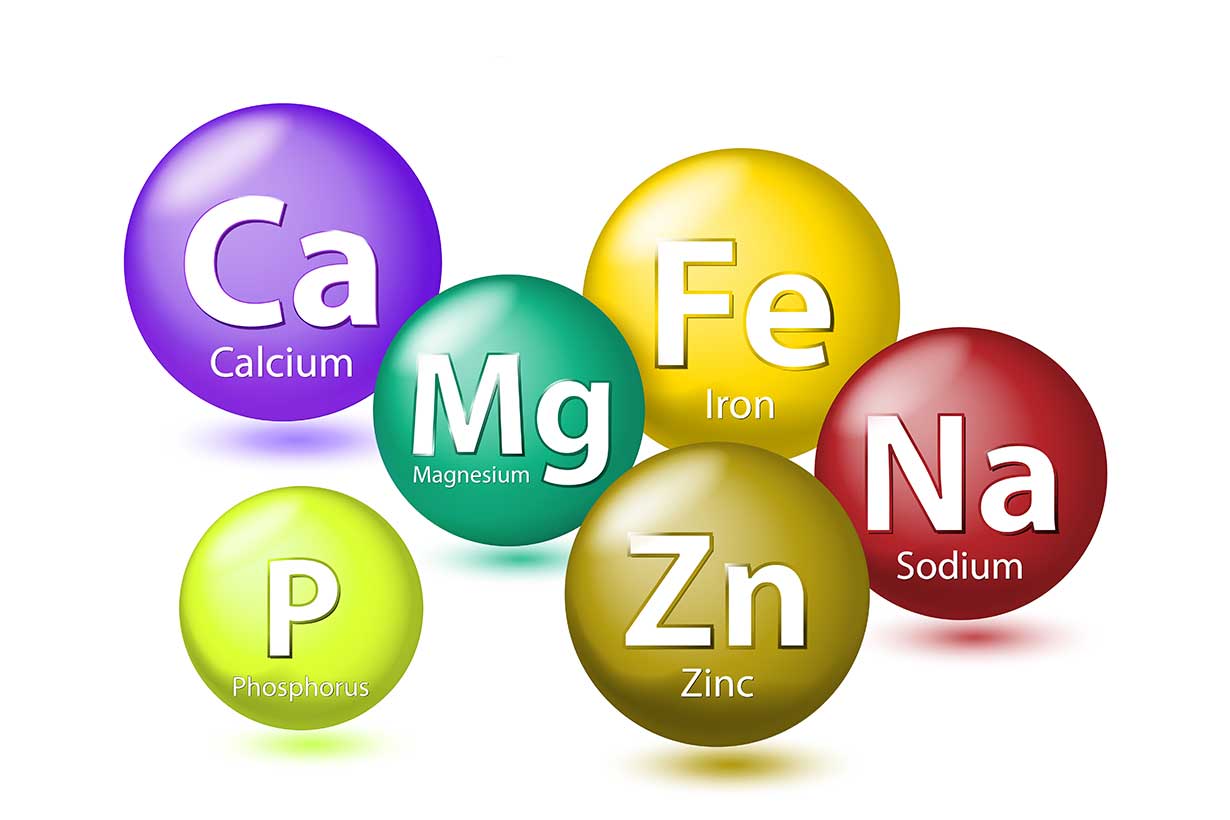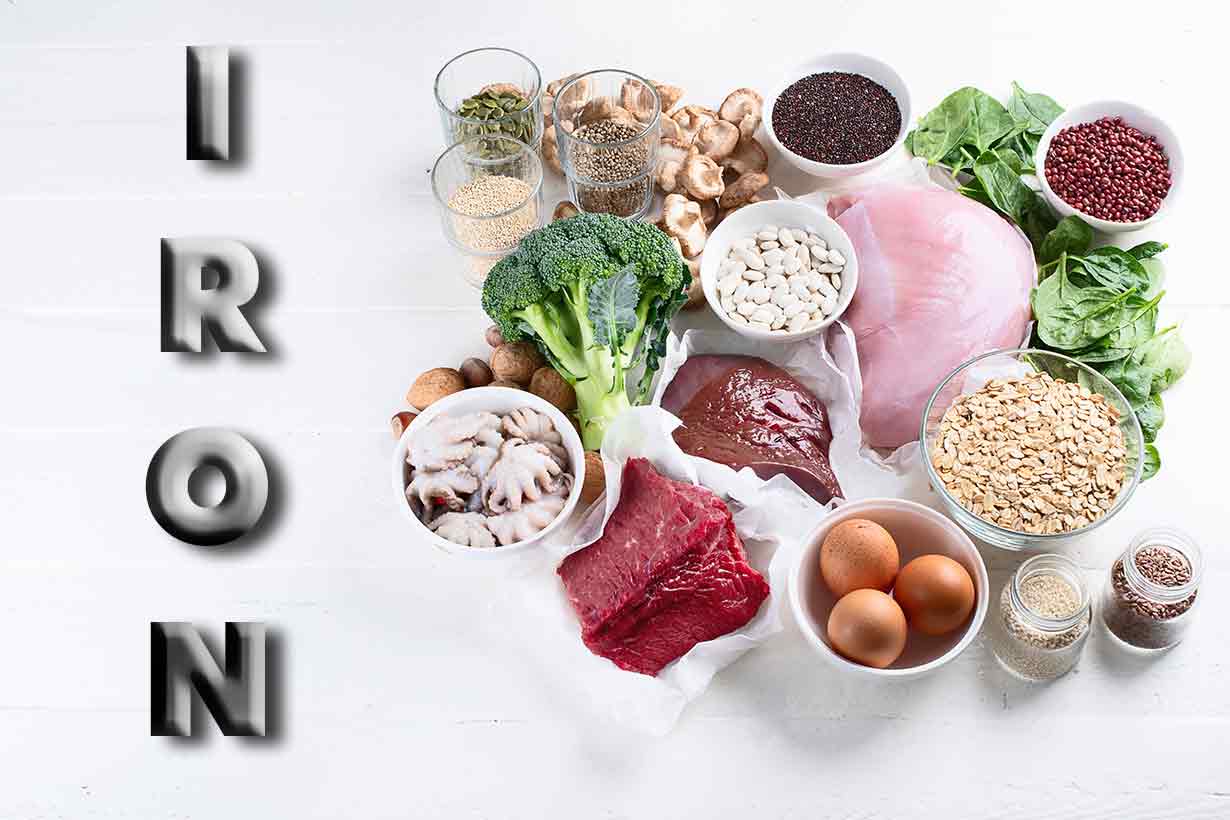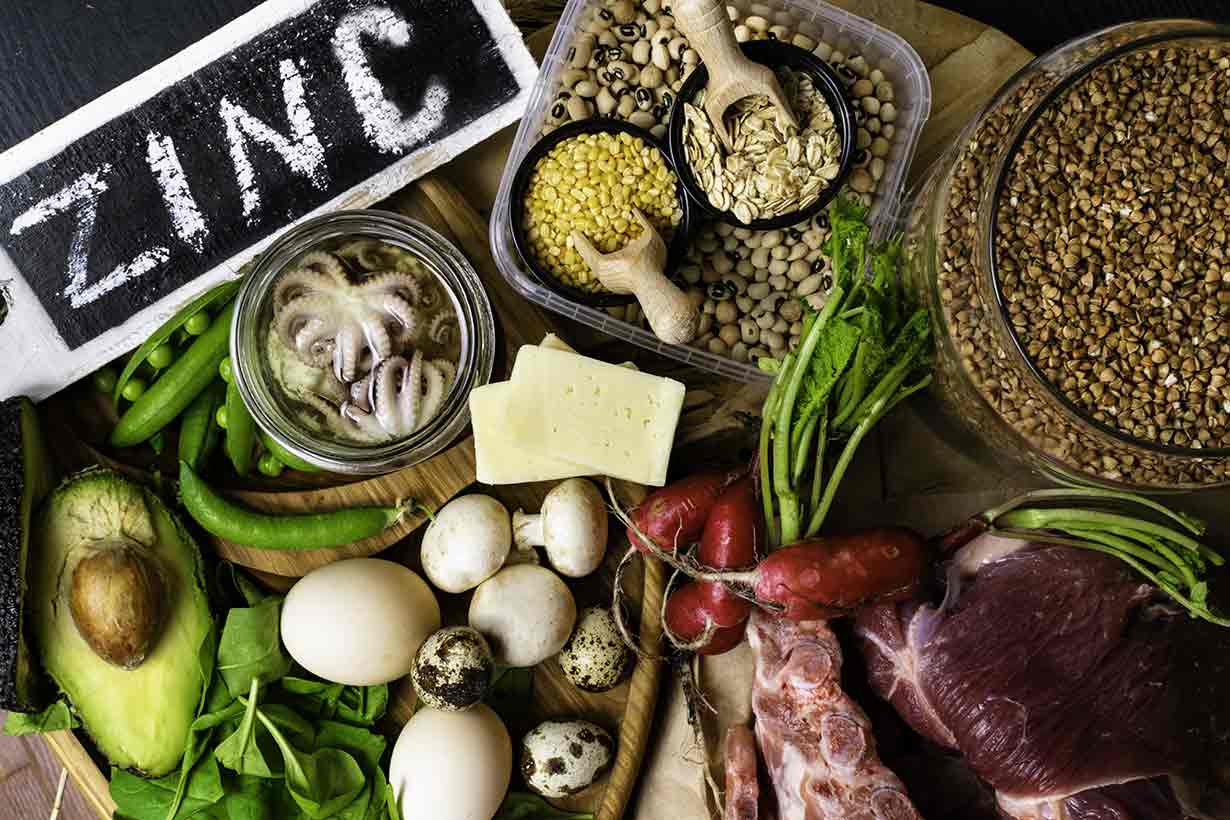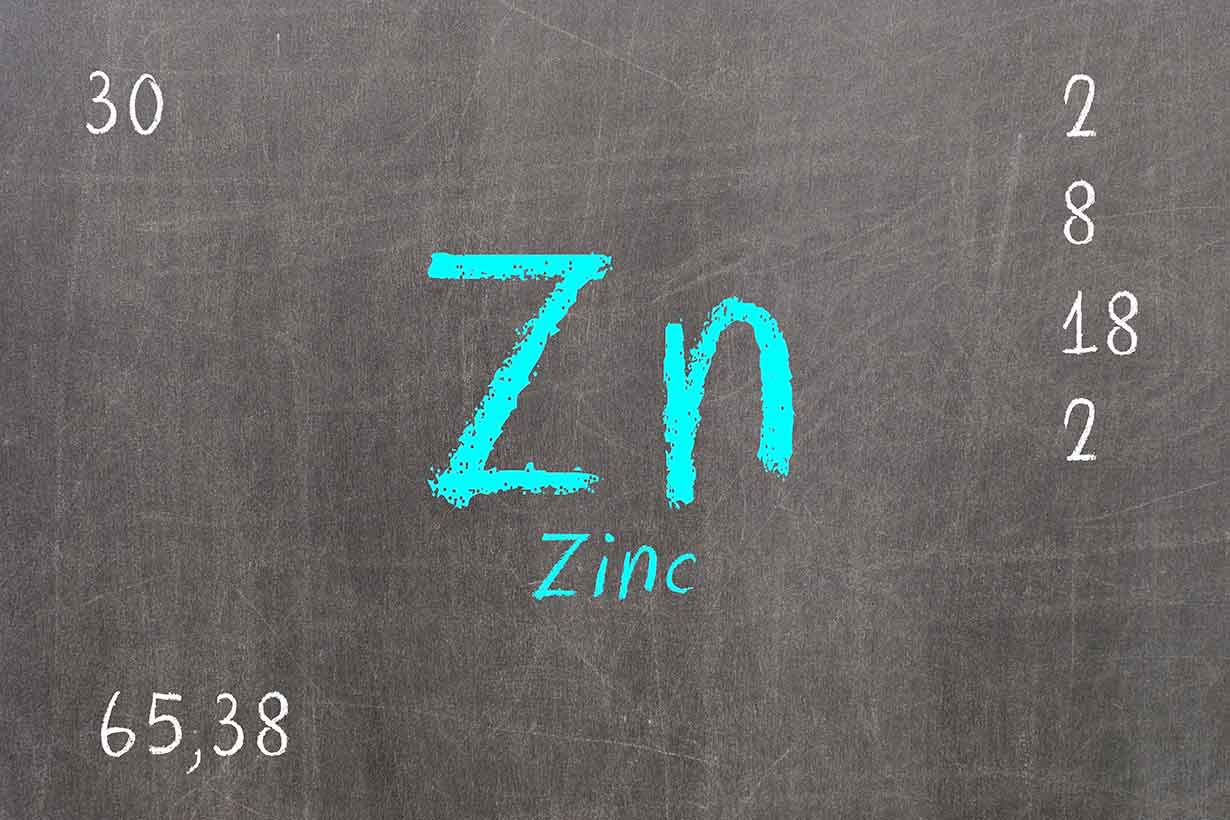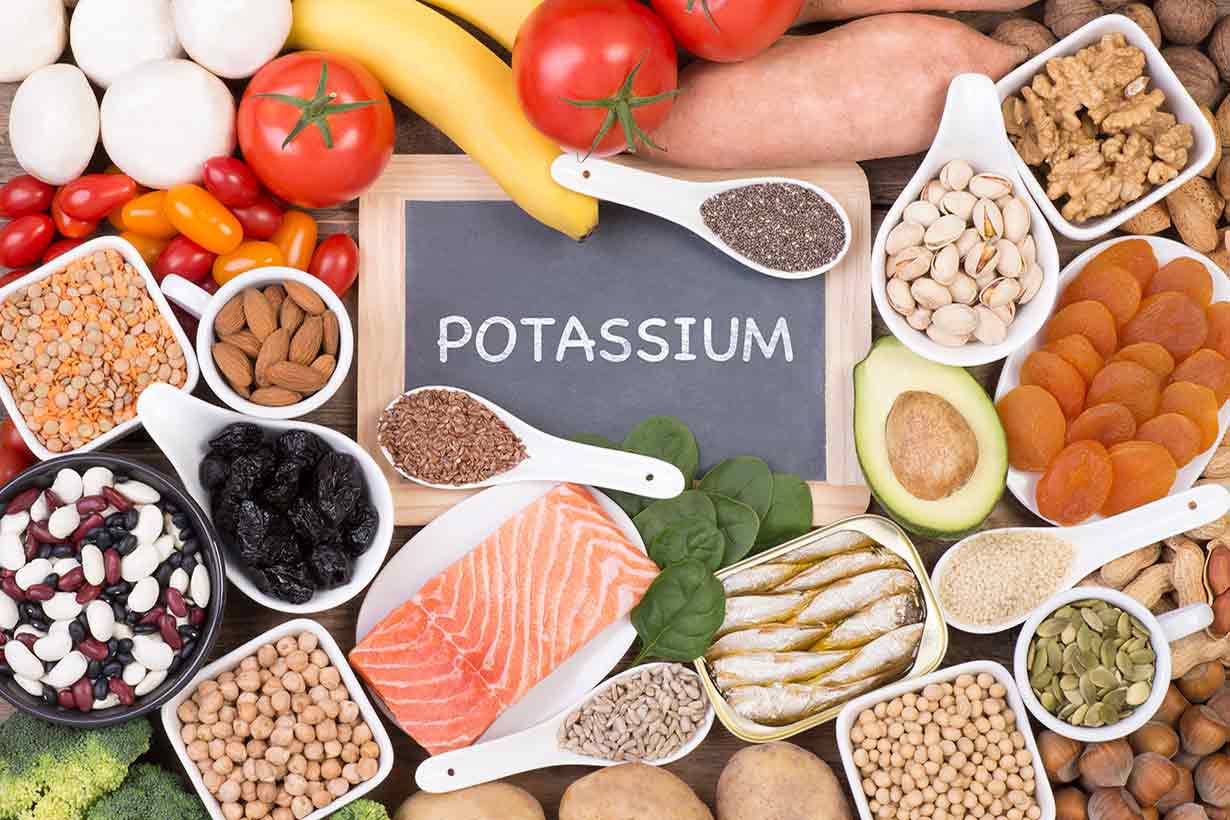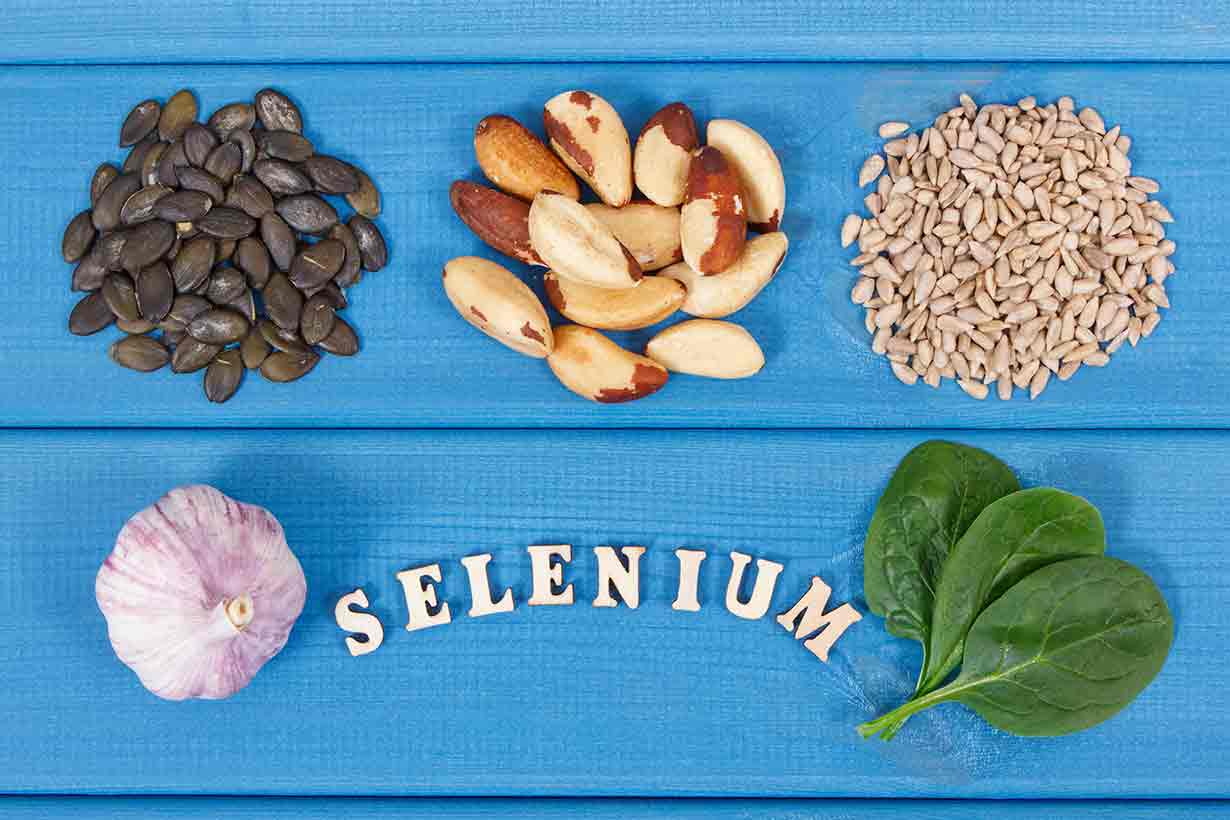Potassium is an essential mineral that has a wide range of functions in the body.
Alongside several other minerals, potassium is one of the body’s electrolyte minerals, and it can generate and conduct energy.
The mineral also plays a crucial role in the regulation of blood pressure.
Despite this, according to the 2015-2020 Dietary Guidelines, potassium is a “nutrient of public health concern” because many people don’t consume sufficient amounts (1).
This article examines potassium’s functions, health benefits, and why the mineral is so important.
What Is Potassium?
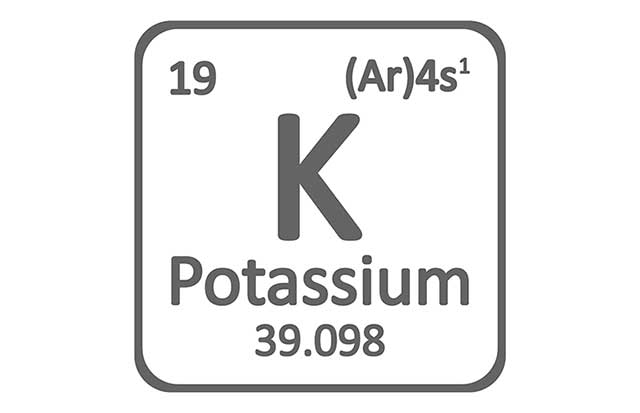
Potassium is the body’s primary cation (positive ion) found in intracellular fluids.
In plain English, this means we can mainly find potassium located within fluids inside the body’s cells, and it is an electrolyte with a positive charge.
Potassium has many functions within the body, but its role in regulating blood pressure (alongside sodium and chloride) is especially important.
Potassium also has a somewhat opposing effect on blood pressure to sodium.
While high levels of salt intake can increase blood pressure in salt-sensitive people, increased potassium intake can lower blood pressure for some individuals (2, 3).
What Is the Recommended Daily Potassium Intake?
No reference daily intake (RDI) has been set for potassium.
Regarding this, the National Academies of Sciences, Engineering and Medicine last met in early 2019.
In their report published in March 2019, they determined that there was insufficient data to derive a universal recommendation for potassium intake (4).
However, adequate intake (AI) levels changed from their prior values.
The current AI values for potassium intake are in the table below (5);
| Stage of Life | Age | Males | Females |
|---|---|---|---|
| Infants | < 6 months | 400 mg | 400 mg |
| Infants | 7-12 months | 860 mg | 860 mg |
| Children | 1-3 years | 2,000 mg | 2,000 mg |
| Children | 4-8 years | 2,300 mg | 2,300 mg |
| Children | 9-13 years | 2,500 mg | 2,300 mg |
| Adolescents | 14-18 years | 3,000 mg | 2,300 mg |
| Adults | 19 years > | 3,400 mg | 2,600 mg |
| Pregnancy | 14-18 years | Intervention | 2,600 mg |
| Pregnancy | 19 years > | Intervention | 2,900 mg |
| Lactating | 14-18 years | Intervention | 2,500 mg |
| Lactating | 19 years > | Intervention | 2,800 mg |
Health Benefits
As a key electrolyte, potassium has a wide range of functions in the body and numerous potential health benefits.
1) Potassium Can Help To Lower Blood Pressure
Potassium has a hypotensive mechanism, and numerous studies demonstrate that higher levels tend to result in lower blood pressure.
In a recent systematic review of randomized controlled trials (RCTs), potassium supplementation generally decreased blood pressure among participants (6).
Additionally, as they have opposing effects, the sodium to potassium ratio is also vital for maintaining optimal blood pressure levels.
A systematic review of the evidence, which included 18 RCTs, found that the sodium-to-potassium ratio was more important for blood pressure than sodium alone (7).
Potassium lowers blood pressure in several different ways. For instance, it increases vasodilation, which means our blood vessels dilate/relax. When our blood vessels dilate, blood flow increases and arterial blood pressure drops (8).
Higher potassium intake increases the urinary excretion of sodium, which may also lower blood pressure (9).
2) Helps With the Regulation of Blood Sugar
Potassium may play an important role in the regulation of blood glucose levels.
On this note, low serum (blood) and dietary levels of potassium are associated with higher diabetes risk (10).
A recent cohort study featuring 6814 participants also found that “those with lower serum potassium had significantly higher fasting glucose” (11).
Furthermore, a meta-analysis showed that low blood levels of potassium appear to increase the risk of type 2 diabetes in a dose-response manner (12).
3) Potassium Regulates Water Balance
One of the main functions of potassium is to help control fluid balance within the body.
For the body to function at its optimal level, there should be a sufficient “water balance.”
If there is an inadequate intake of fluid compared to fluid loss, then dehydration can occur (13).
On the other hand, with excessive water intake and low water clearance, overhydration can occur. Both of these conditions can be significant health risks (14).
Similarly to their opposing effects on blood pressure, sodium and potassium also have very different impacts on water balance.
For instance, increasing intake of sodium can cause the body to retain water (14).
In contrast, research demonstrates that potassium increases urine production and sodium excretion (15).
In other words; the balance of sodium to potassium regulates the amount of water in the body.
4) May Improve Bone Mineral Density
Several minerals play a crucial role in bone health, and these include calcium, magnesium, phosphorus, and potassium (16).
One way that potassium may support healthy bone maintenance is by reducing the amount of urinary calcium loss (17).
Additionally, a randomized controlled trial studied the effect of potassium supplementation on 201 elderly adults. This research found that 24 months of supplementation led to a “significant increase” in bone-mass density (18).
Another study that followed 62 healthy women between the age of 45 and 55 found that higher potassium intake was associated with greater total bone mass (P <0.05) (19).
For this reason, maintaining sufficient levels of the mineral may help to strengthen and keep bones healthy.
5) Higher Potassium Intake May Lower Kidney Stone Risk (and Help Manage Them)
Some research suggests that a higher potassium intake can both reduce the risk of developing kidney stones and help prevent re-occurrence.
Extensive prospective cohort studies, featuring more than 193,676 individuals, showed that people with the highest level of potassium intake had a significantly lower (33-56%) risk of developing kidney stones (20).
Also, potassium citrate is an often prescribed supplement to help manage (or prevent reoccurrence) of kidney stones (21).
This particular type of potassium is used because citrate can bind calcium oxalate crystals (22).
6) Important For Muscular Contraction
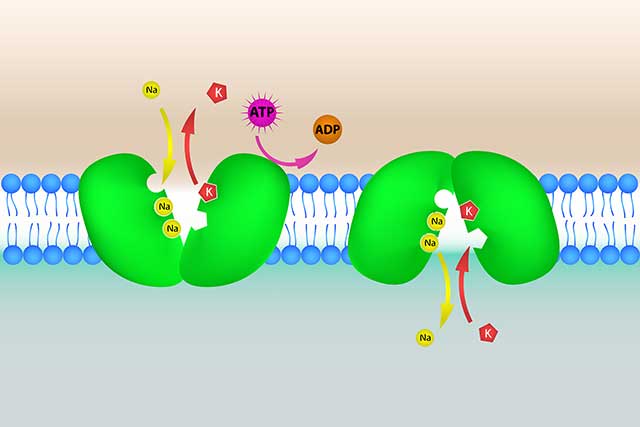
Potassium is necessary for muscular contraction.
When our muscles contract, they rely on something known as the sodium-potassium exchange pump (23).
When nerves tell the muscle to contract, three ions of sodium move into the cell at the same time as two ions of potassium leave it.
This process creates an electrical charge that allows the muscle to contract.
7) Sufficient Potassium Intake May Lower the Risk of Stroke
According to recently published figures by the World Health Organization, stroke was the second leading cause of death globally during the year 2016 (24).
Consuming more foods high in dietary potassium may lower the risk of stroke.
In a large cohort study that followed 21,353 individuals for 26.9 years, there was a direct association between blood potassium levels and stroke risk (25).
Further to this, a systematic review and meta-analysis of the existing literature showed that a low ratio of potassium to sodium increased stroke risk (26).
Once again, this shows the importance of maintaining a sufficient intake of the mineral.
8) Potassium Is a Cofactor For Certain Enzymes
Potassium is a cofactor for various enzymes within the body.
In other words, potassium is necessary for the activation of these enzymes, thereby allowing them to do their jobs.
Two crucial enzymes that rely on potassium are pyruvate kinase and ATPase.
The first of these enzymes, pyruvate kinase, plays a role in the metabolism of glucose (27).
Additionally, ATPase is an enzyme that breaks down adenosine triphosphate (ATP) to release energy, and it depends on potassium for activation (28).
9) Getting Enough Potassium May Lower Cardiovascular Risk
First of all, a recent animal study demonstrated that potassium plays a role in the prevention of vascular calcification (arterial plaque) (29).
In the study, mice were fed three different diets for 30 weeks with either low, medium, or high levels of potassium.
After 30 weeks, the researchers found that the low-potassium mice had the highest levels of arterial calcification and stiffness. In contrast, the high-potassium mice had the least.
As previously mentioned, higher potassium intake also tends to reduce blood pressure, which is a major cardiovascular risk factor.
Excessive Potassium Intake Can Be Harmful
It is worth noting that just as too little potassium can cause harm, so can too much.
Excessive potassium can cause a condition called hyperkalemia, which happens when there are high concentrations of the mineral in the blood. Mild hyperkalemia occurs with serum potassium levels over 5.5 mmol/l, and severe hyperkalemia can be fatal (30).
It would be difficult for a healthy person to overdose on potassium through food. However, individuals with weakened kidney function could be at risk (31).
Typically, overdosing on supplements is the most significant risk factor for hyperkalemia (32, 33, 34).
To prevent this from happening, the FDA caps the potassium content of supplements at 100 mg (34).
How To Get Enough Potassium
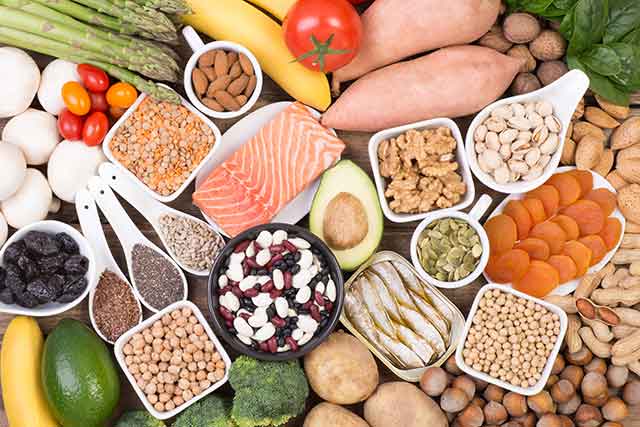
Fortunately, there are many foods which contain large amounts of potassium.
Some of the most potassium-rich foods include;
- Nuts and seeds
- Leafy greens such as beet greens, kale, and spinach
- Seafood options like salmon, octopus, and shellfish
- Avocados
- Potatoes
- Pork
- Sweet potatoes
- Beans
See this list of foods high in potassium for a more in-depth guide.
Final Thoughts
All essential vitamins and minerals are crucial for different reasons.
However, potassium is one of the essential nutrients that most people don’t consume in sufficient quantities.
Since this critical mineral regulates blood pressure, it can have a significant impact on our health.
As a result, many individuals may benefit from ensuring they are consuming adequate amounts of potassium.
To find out more about minerals, see this guide to foods high in selenium.

